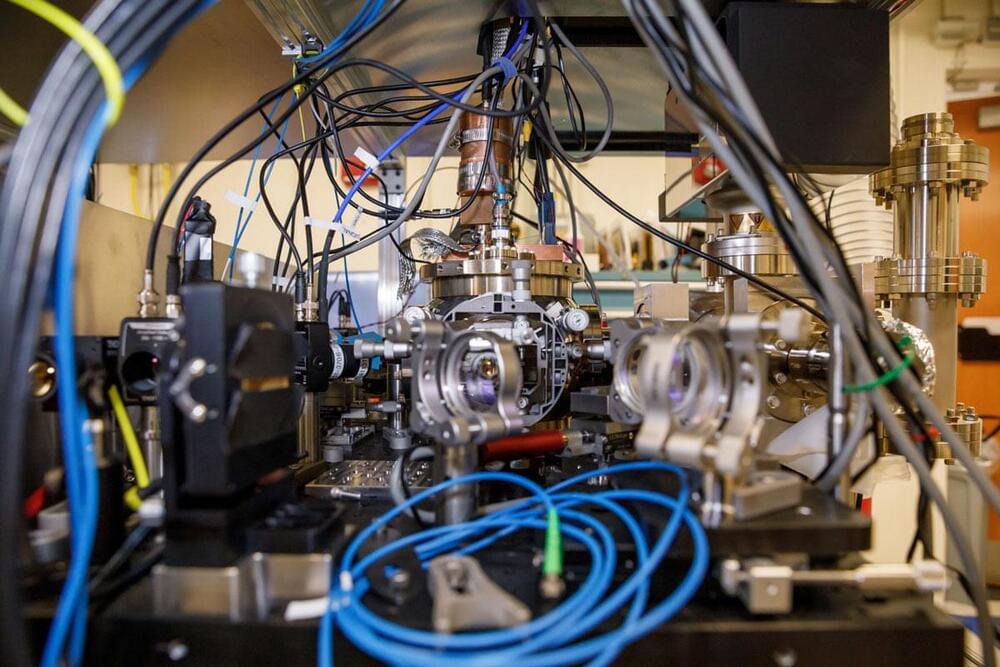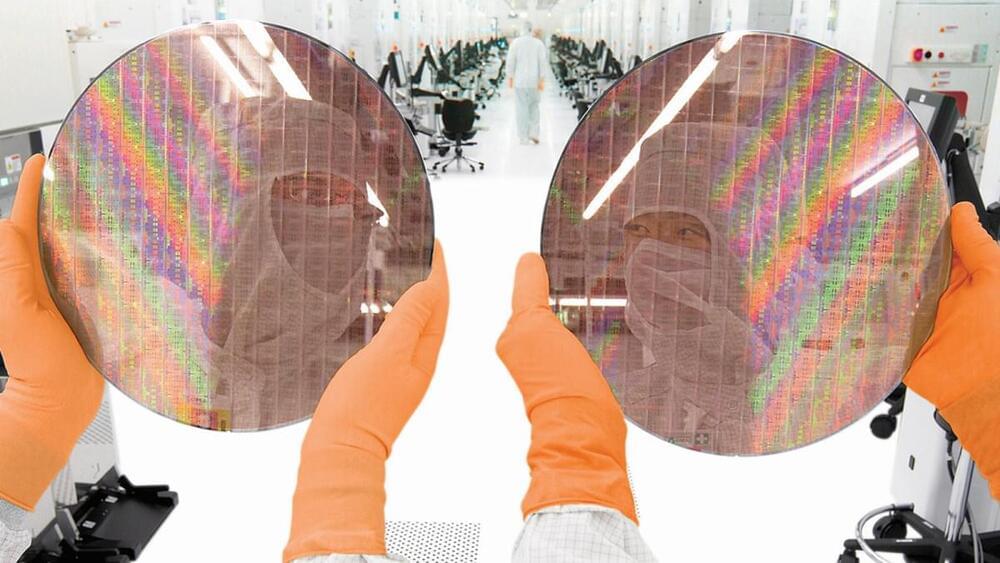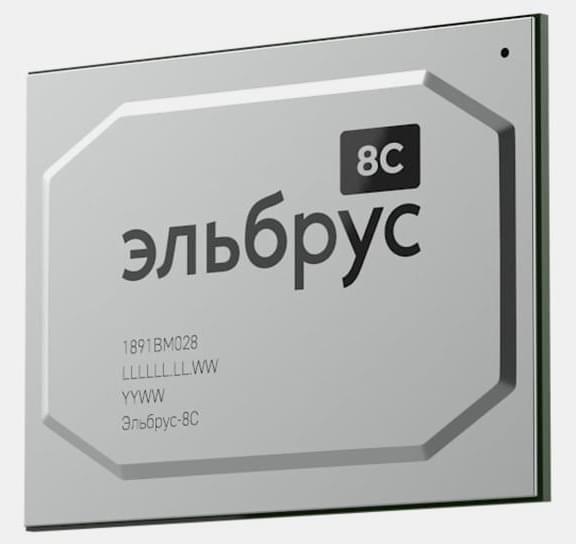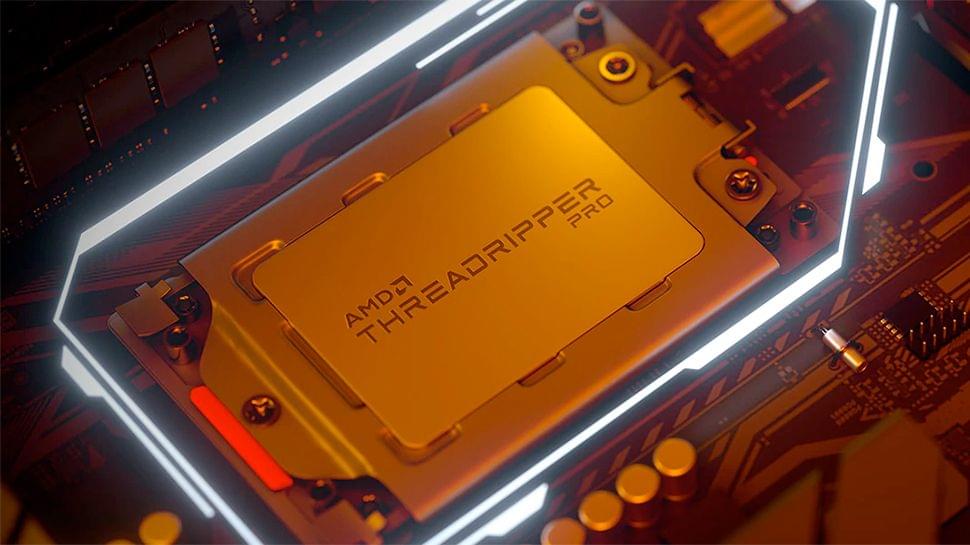Dec 24, 2021
A new method for testing the performance of quantum computers, designed by Sandia, is faster and more accurate than conventional tests
Posted by Dan Kummer in categories: computing, quantum physics
The so-called “mirror-circuit” testing method will help scientists advance the technology behind these super powerful processors. https://bit.ly/3snkgR8
















